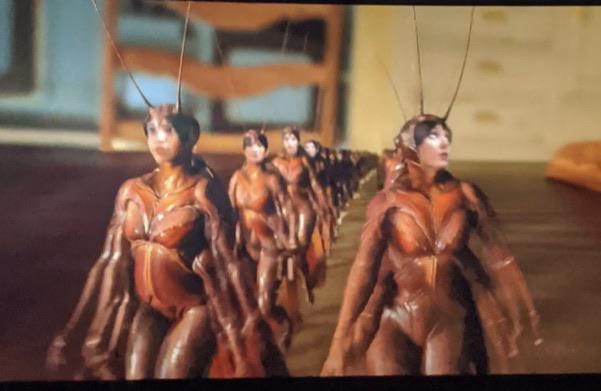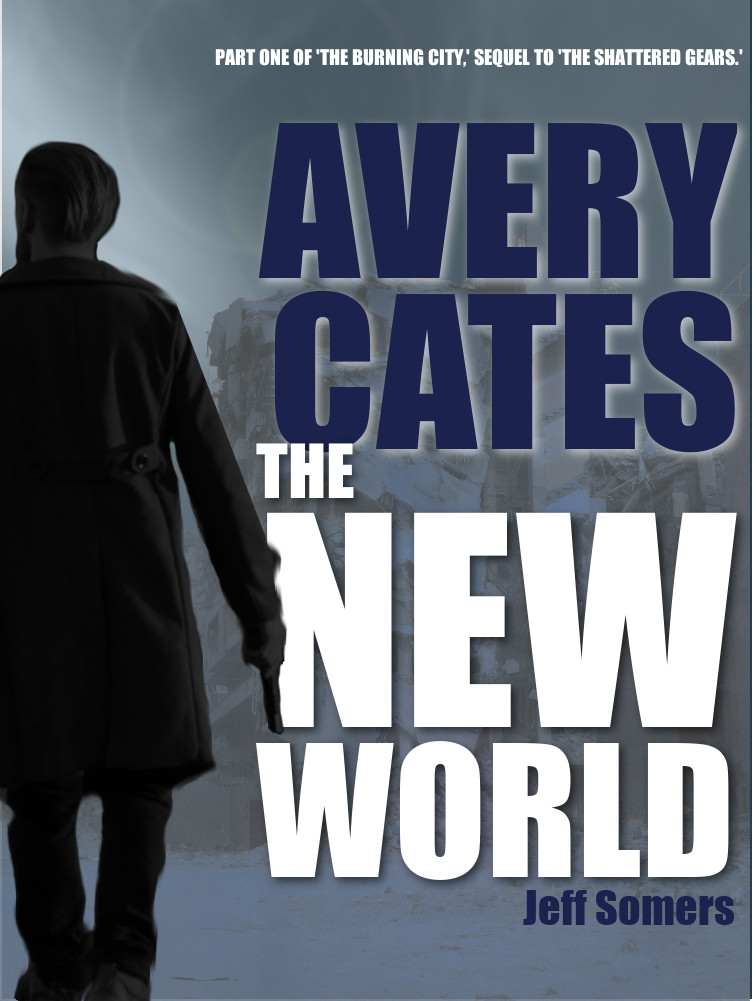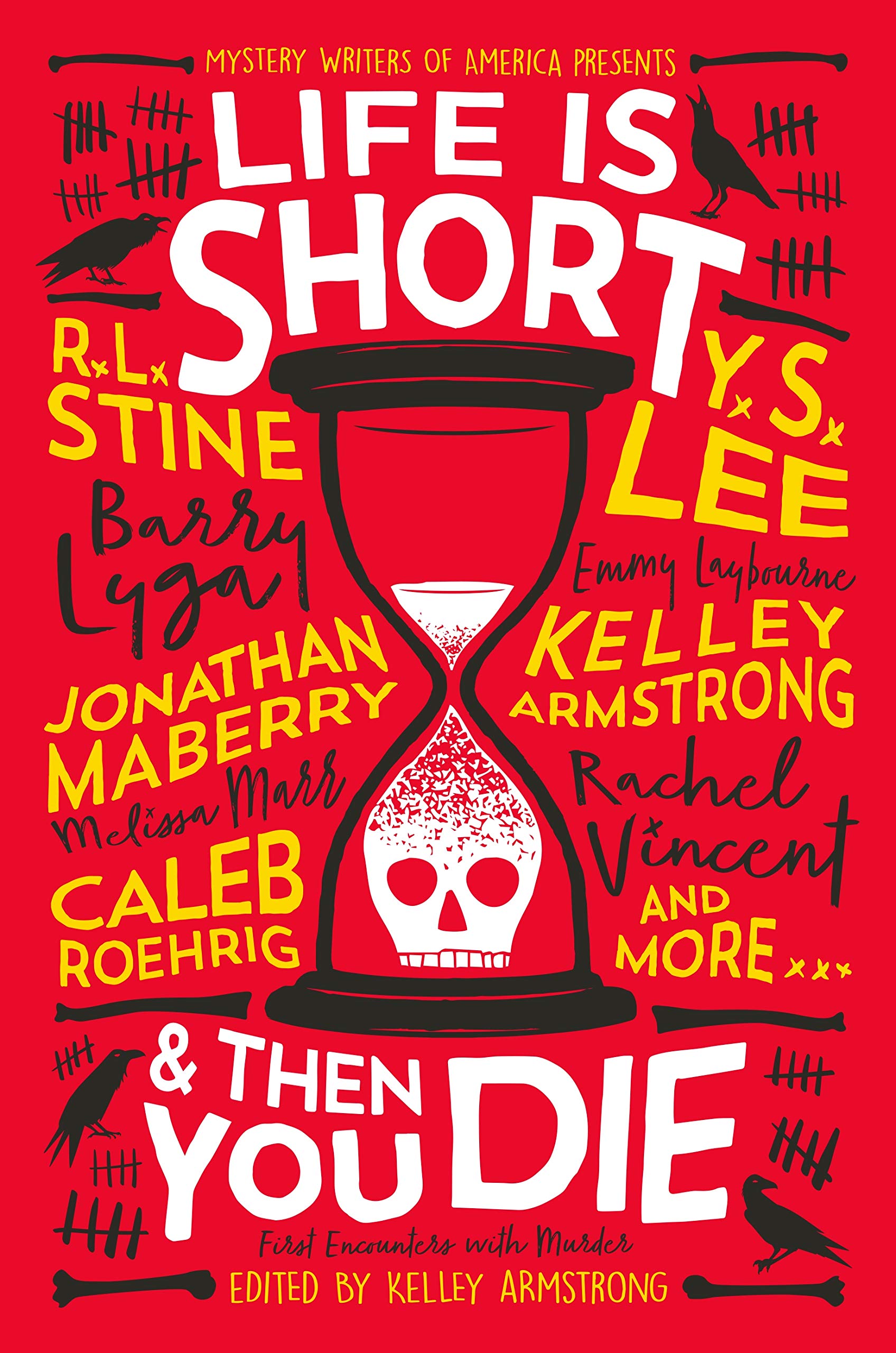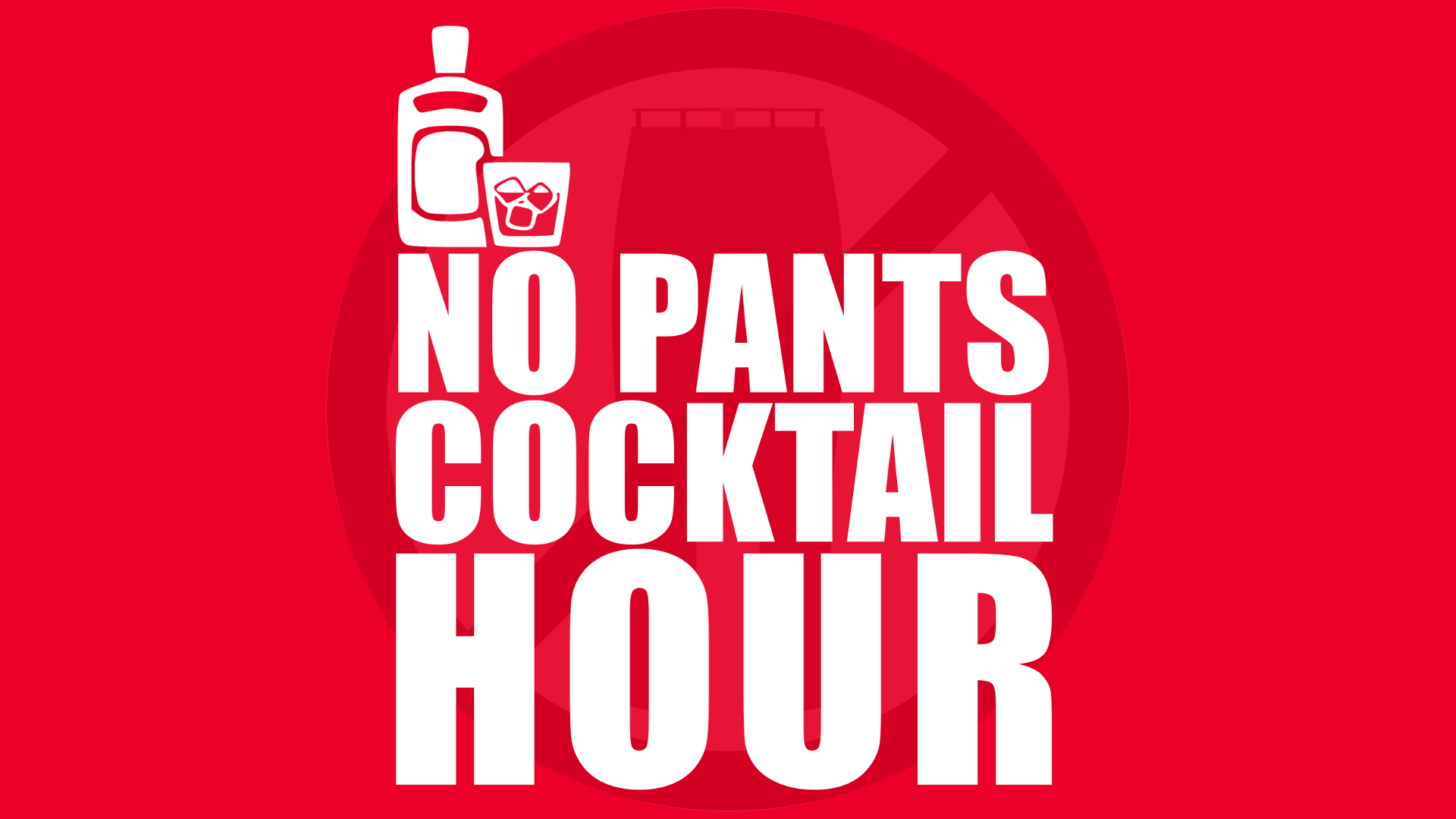New Reps, Huzzah!
Just about one year ago to the day, we lost Janet Reid, who’d been my agent since 2002. Janet was a hoot to work with, pushed my writing to be better, and brimmed with ideas to make me into a literary superstar. I was deeply saddened by her passing. And, of course, it left me kind of floating about with no representation. I hadn’t queried an agent in 23 years! When I last sought an agent, I sent out hardcopy query letters and sample pages. Let that sink in: I mailed hardcopies.
I am old.
I was initially reluctant to think about a new agent, but I’ve got stories to tell and I’d prefer to make a little money by telling them, so I had to think about the future. Plus, I only look smart. I am actually quite stupid, at least when it comes to stuff like contracts and career decisions and selling my work. I need guidance, is what I’m saying.
I’d met the brilliant and hilarious Barbara Poelle at various literary events over the years; she and Janet were great friends, and I always enjoyed Barbara when we hung out. She’s smart and always pretended I was funny. I asked her if she’d look at a project Janet and I had been working on, and she graciously agreed. This being 2024, I was able to just email it to her.
A few weeks later she called to say she loved the book, but thought its real potential was in a different category, and she asked if she could bring in Pam Gruber from Highline Literary Collective to partner with her. Since I am a sucker for any sort of attention, I was excited about this: Not just one brilliant agent, but two? SIGN ME UP. Plus, I immediately imagined having two people buying me cocktails on a regular basis, which as we all know if the true way to my heart.
We’ve spent a few months discussing direction and reviewing revision cycles, and now I’m extremely excited to say that I now have two literary agents: Barbara Poelle and Pam Gruber. And I couldn’t be luckier, honestly. I definitely need a team of people to stop me from destroying my career on a regular basis, so this augurs well for 2025. The alternative was probably me standing at the entrance to the Holland Tunnel with a bag full of self-published books, throwing them at passing cars who foolishly left their windows down.
As for the secret project, let’s just say it involves cats. As all books should, honestly.



 Fiction-wise, also not bad. I finished 11 of my monthly short stories, so far (and trust that I will finish #12 in a few days even if I have to kill all the characters in a plane crash). I also finished 4 other stories outside of that monthly exercise. I didn’t complete any novels this year, but I’m 50k words into one and 40k words into a short-story cycle, so I wasn’t napping. I also finished and completed 50k words worth of novella-length parts of the new Avery Cates novel The Burning City and
Fiction-wise, also not bad. I finished 11 of my monthly short stories, so far (and trust that I will finish #12 in a few days even if I have to kill all the characters in a plane crash). I also finished 4 other stories outside of that monthly exercise. I didn’t complete any novels this year, but I’m 50k words into one and 40k words into a short-story cycle, so I wasn’t napping. I also finished and completed 50k words worth of novella-length parts of the new Avery Cates novel The Burning City and  I submitted a ton of stories (74, to be exact; note this doesn’t mean 74 separate stories, but 74 submissions of a few stories I currently think are great), as usual, and sold three of them, of which two have published: The Company I Keep in
I submitted a ton of stories (74, to be exact; note this doesn’t mean 74 separate stories, but 74 submissions of a few stories I currently think are great), as usual, and sold three of them, of which two have published: The Company I Keep in  And I started a podcast, like everyone else in this sadly imitative world.
And I started a podcast, like everyone else in this sadly imitative world. 





